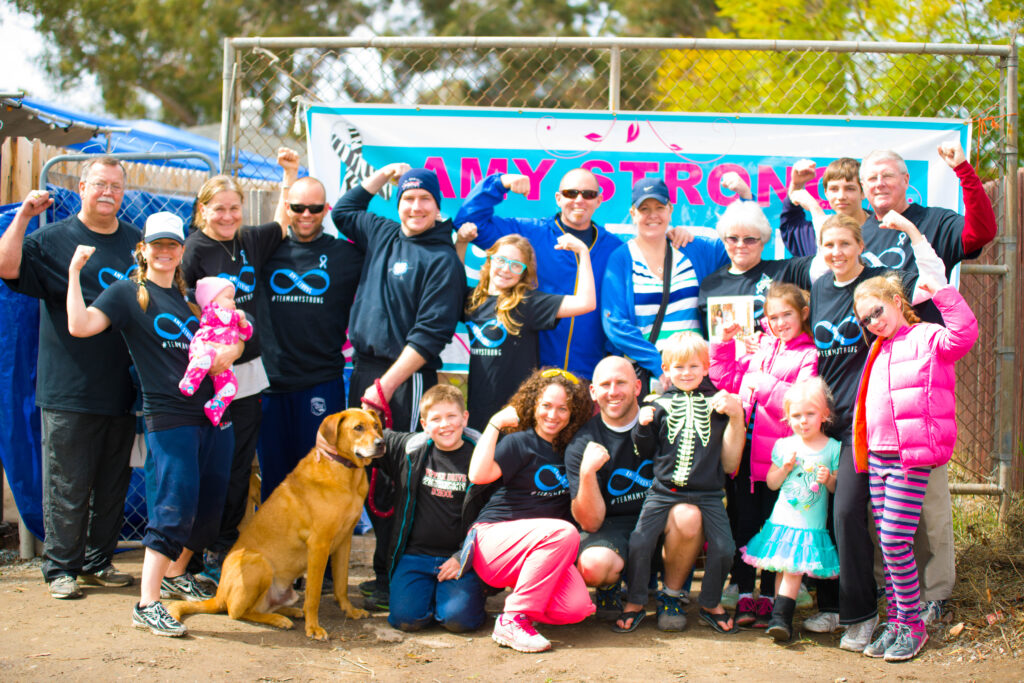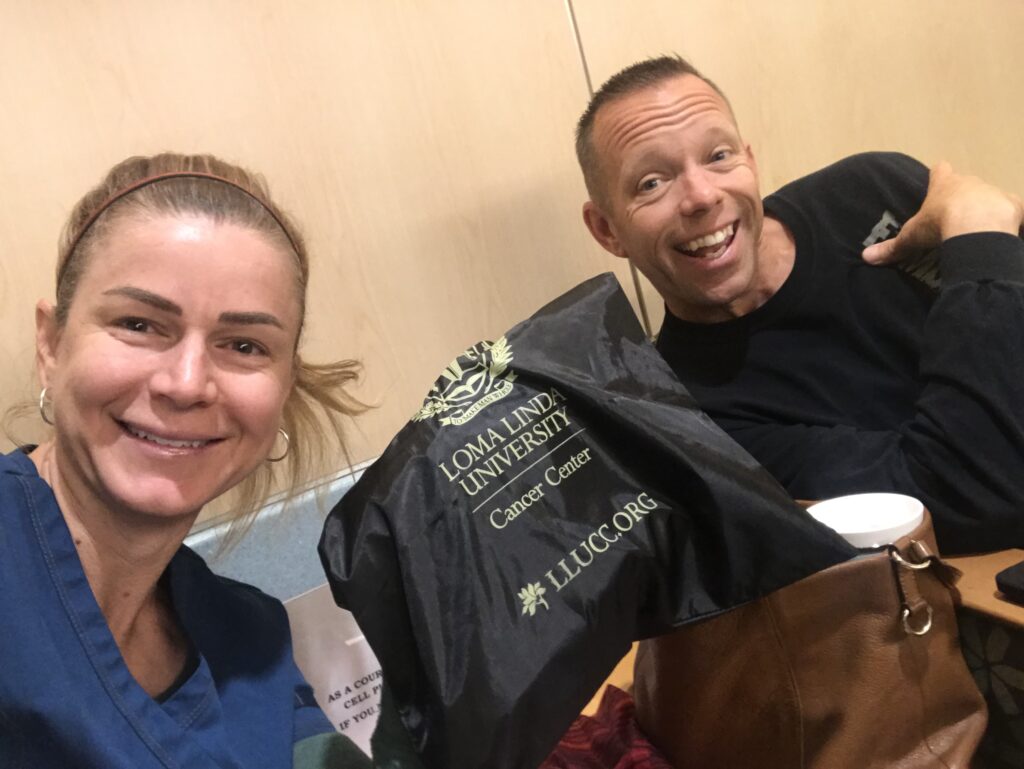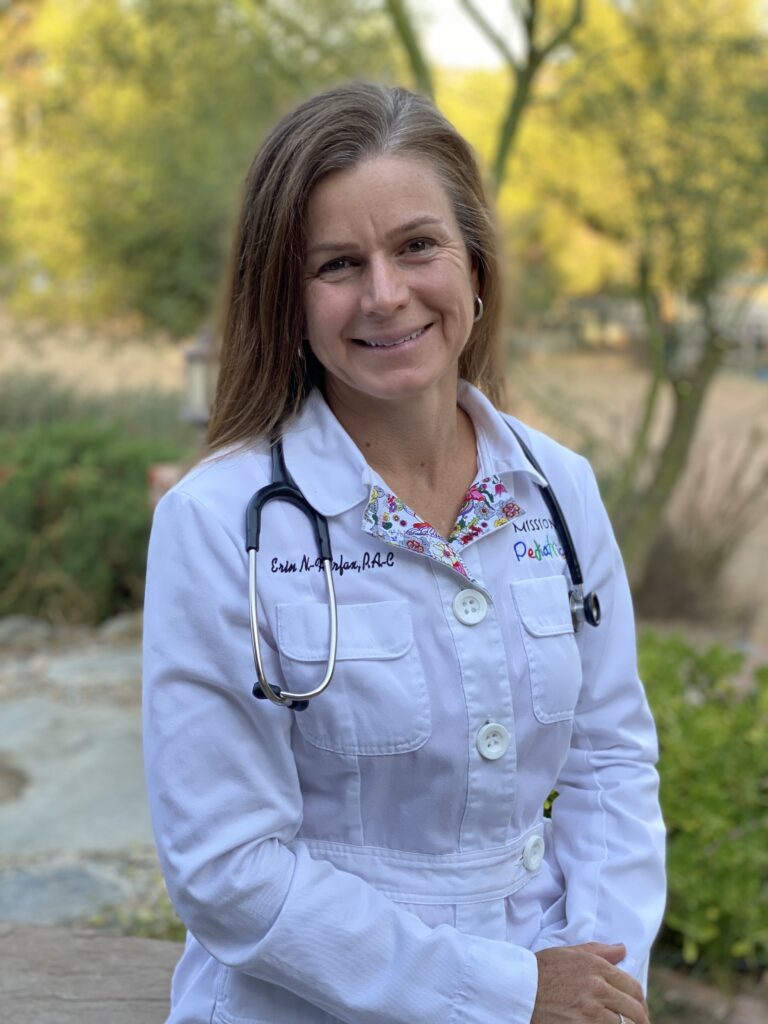In the 1970s, the White House made a concerted effort to research, educate and make gains around the prevention of cancer. President Nixon signed The National Cancer Act in 1971. State health departments began to receive grants to research ovarian cancer screenings in 1974. By 1979, the surgeon general published diet guidelines that aided in cancer prevention.
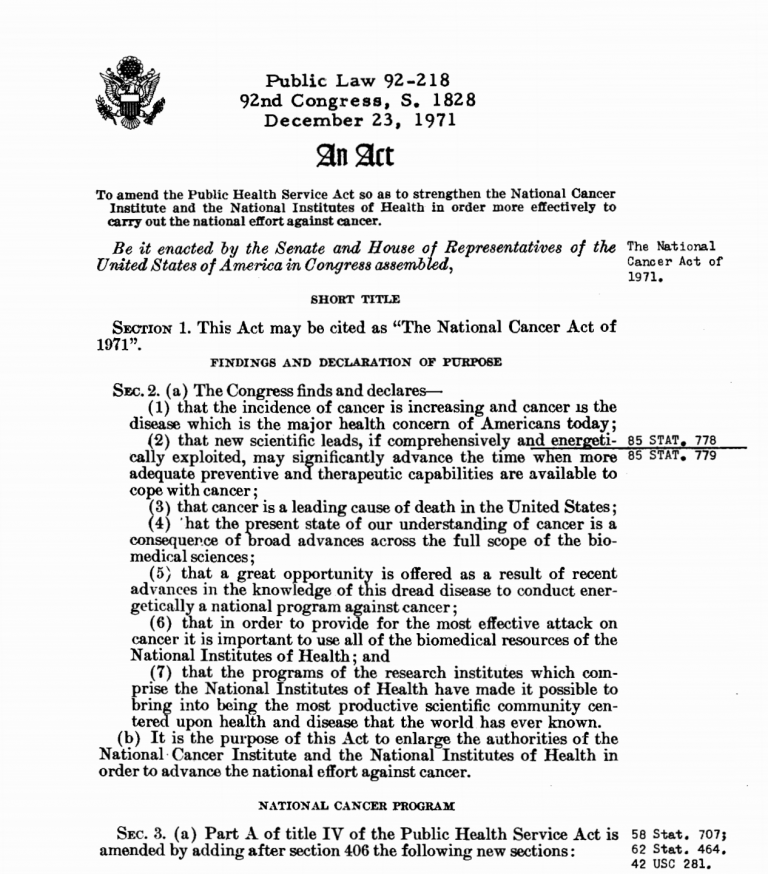
This was happening in my lifetime – well, some of it. I’m younger than I look (well, I’d like to think so), but I want to point out that while the study of cancer as an epidemic began in the 18th century, it has only been about 50 years that we’ve committed time, research, funds and our stories to help find a cure.
And there’s still work to do!
For Cervivor, cancer prevention is a daily endeavor. We host discussions, connect with cervical cancer patients and their families, and advocate for health policies. But in February, National Cancer Prevention Month, we go full force with our partners to shine a light on the need for more attention, research, and cures for the numerous cancer categories that continue to take away beautiful lives from our families, circles of friends, and networks.
Need some ideas on how to observe the month with Cervivor? We’ve got ideas but would love to hear yours too. Your voice matters in this community.
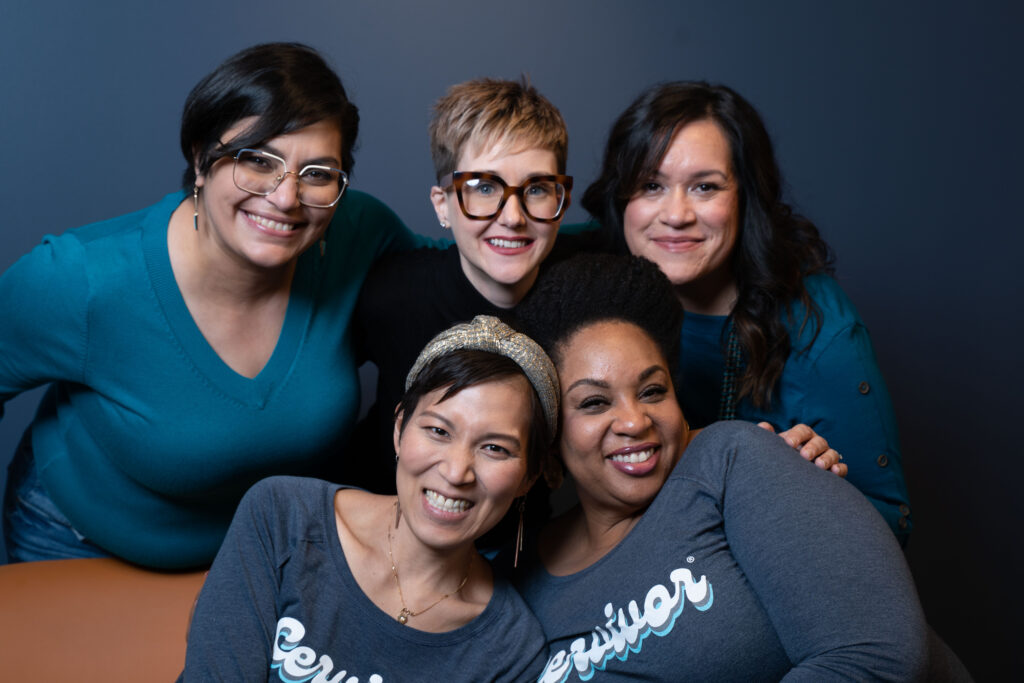
I’m passionate about using my voice to prevent not only cervical cancer but all types. Cancer in too many forms has touched my life, my parents’, immediate family, distant family, and people in my community. Cancer is a horrific thing, and I want to be a part of the movement. While we can’t prevent all cancers, cervical cancer has a first-line to prevention. I hope in the future we have more preventive ways to save people from all cancers, and I’m ecstatic to know that the White House continues to support and rally to “end cancer as we know it.”
Earlier this month on February 2, 2022, President Biden committed to reducing the death rate from cancer by at least 50% over the next 25 years. YES! He published a statement of support vowing to improve the experience of people and their families living with and surviving cancer and eradicate the disease. This commitment further propels me to do this work with our members and our partners.
In the words of President Biden this month, “It’s bold. It’s ambitious. But it’s completely doable.”
Interested in learning more?
- March 4th is International HPV Awareness Day
- Become a Cervivor
- Join us on the 2nd Tuesday of every month for Creating Connections
- Check out this Fact Sheet: President Biden Reignites Cancer Moonshot to End Cancer as We Know It
Tamika Felder is a 20-year cervical cancer survivor, an award-winning television producer, author, blogger, podcaster, mentor, motivational speaker, and nonprofit founder. By telling her story, Tamika inspired other women to start speaking about HPV and cervical cancer, which led to a network of survivors supporting each other and educating each other. From this network, Cervivor was born.
